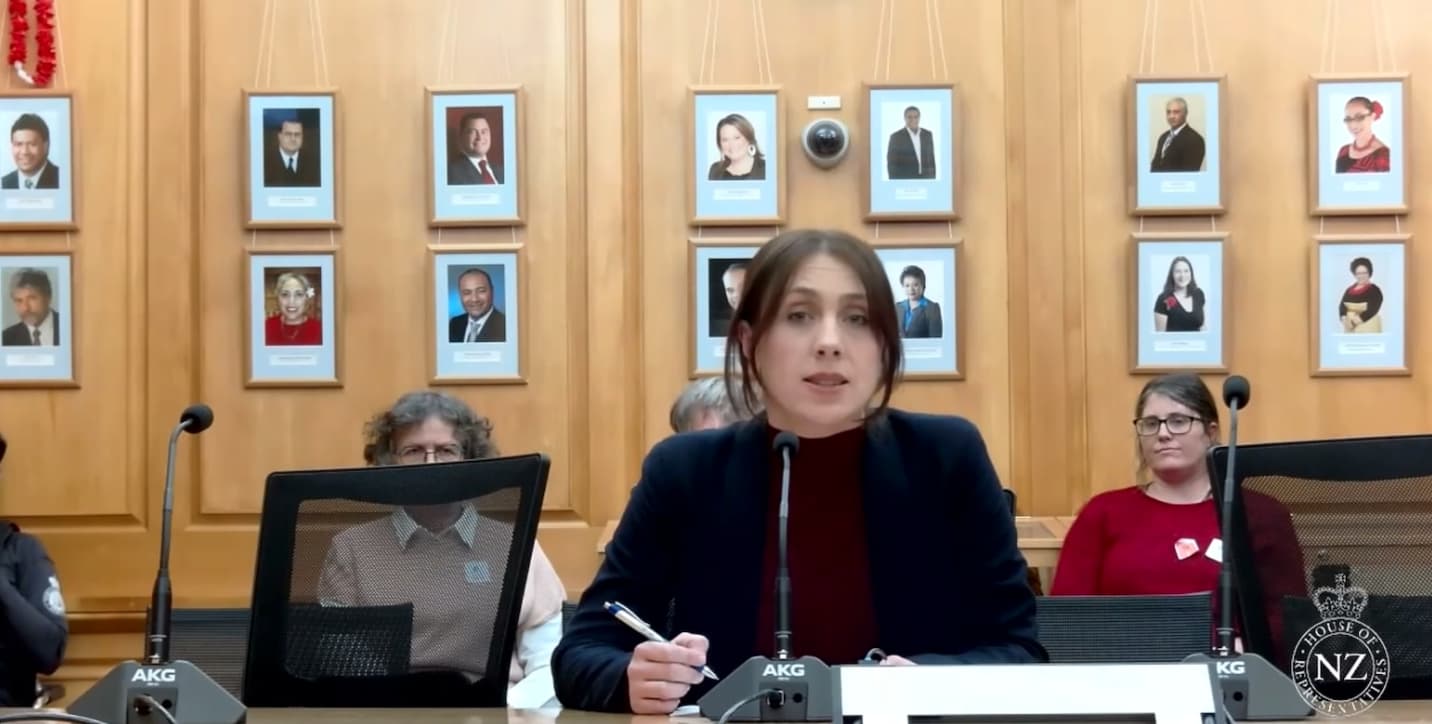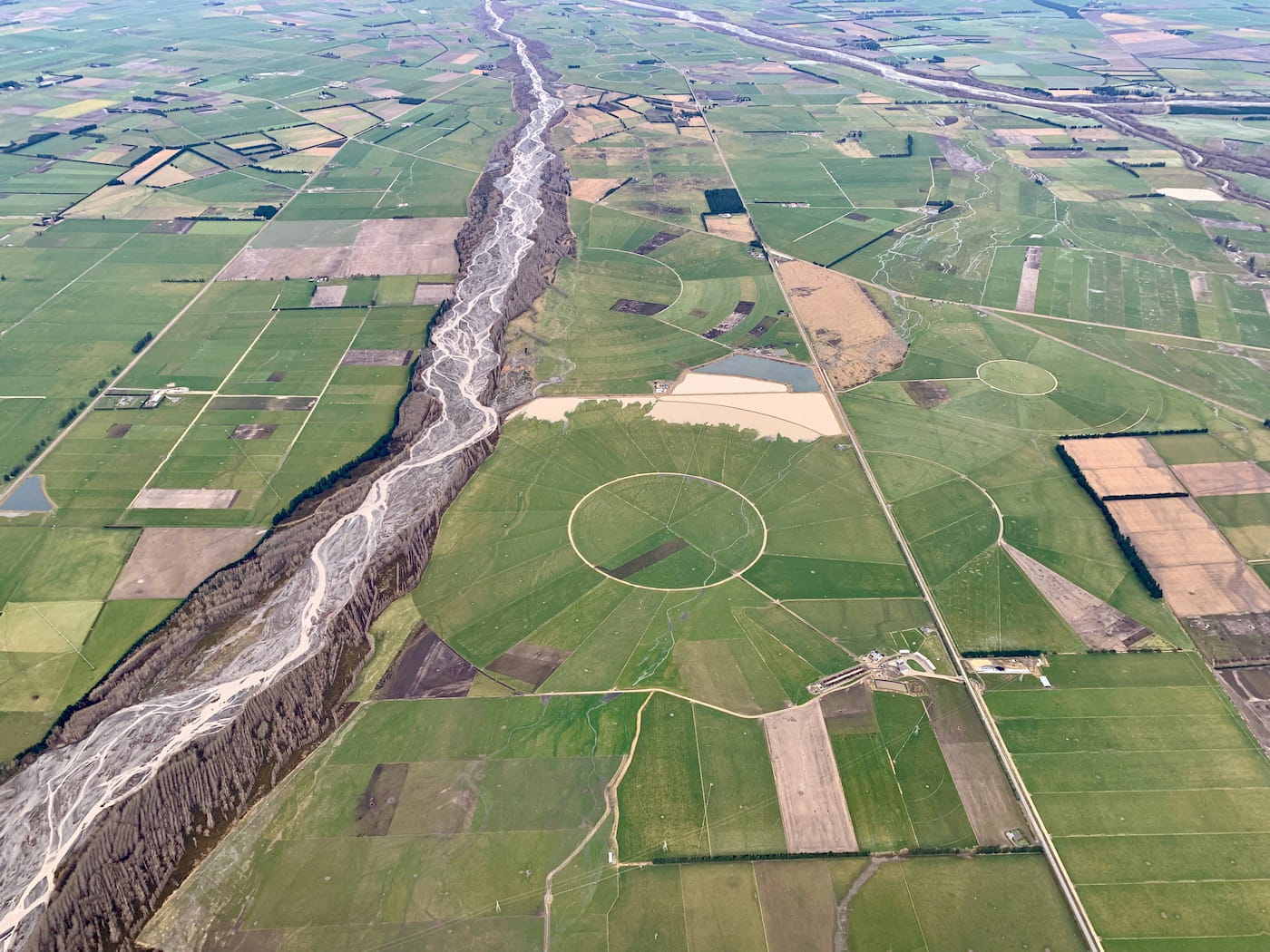Greenpeace Aotearoa is calling out the agriculture industry’s “undue influence” over the Government’s agricultural emissions policy, saying that “predatory denial and delay” have stalled the development of plans to price and reduce climate pollution.
Greenpeace climate and agriculture campaigner, Christine Rose, says “the Government’s indication yesterday that the introduction of a urea tax is not under meaningful consideration because industry doesn’t support it, is indicative of a wider problem.
“The agriculture industry has too much influence over the Government’s climate policy. Ongoing delays with emissions pricing have been manufactured by Big Dairy so that they can continue polluting the climate without repercussions, while the rest of us pay the price.”
“This year will be a climate election, and we expect all political parties to put forward strong policies to rapidly reduce climate pollution from agriculture. We need a political climate shift, where urgent climate action is the priority – and that means tackling Big Dairy, New Zealand’s worst climate polluter,” says Rose.
“The agri-industry’s emissions reduction scheme, ‘He Waka Eke Noa’, has never been a realistic way to cut climate pollution. We need bold, smart, and ambitious policies that enable us to cut methane emissions by 30% by 2030, in line with the Global Methane Pledge. That must include a full phase-out of synthetic nitrogen fertiliser, through a sinking lid policy.”
“Everyone has the right to a safe and stable climate and healthy environment,” says Rose. “The Government must regulate the intensive dairy industry now, because Big Dairy cannot be allowed to take that right away from us.”




